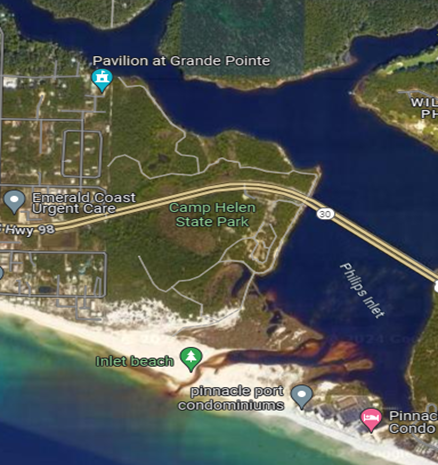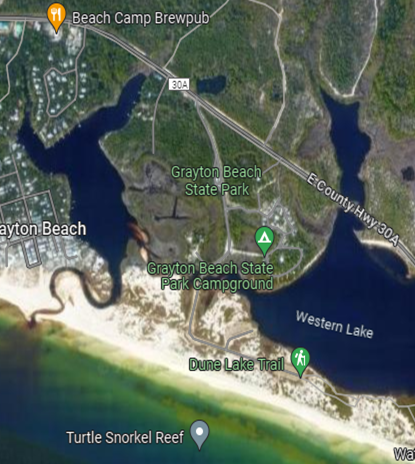COASTAL DUNE LAKES
Group Programs






- Location
Walton and Bay County—State Park/ County property access
- Grade Level
Elementary, Middle, High school
- Please Note
The trip at this time is designed to be completed from shore. Future trips may allow use of boats for Gulf of Mexico and Dune Lake sampling/comparison.
Objectives
This field trip will center on the unique nature of the coastal dune lakes and contrast this habitat with that of the Gulf of Mexico. Activities will be hands on (and wet!) and include sampling, analysis/identification, and Q&A. Activities will focus on water quality; capture and identification of marine life; identifying and discussion of exotics/nuisance species; looking at the critters you can’t see (phytoplankton); observing ghost crabs; turtle games and discussion; taking the opportunity to look for and observe larger marine mammals, birds, reptiles and fish; and looking for and discussing stormwater, plastic, and other pollution impacts in the habitat and the implications to the larger ecosystem. The focus will be for students to be able to describe the major physical, biological and ecological features of the unique nature of the coastal dune lake during the field trip and discuss their solutions to man’s impacts. The discussion and salient points taught will be based on the grade level of the class.


Coastal dune lakes are unique to the Florida Panhandle and found in only one other place in the world. We will explore the ecology of these lakes to reveal why they are so unique and important.
Background
Coastal Dune Lakes provide an opportunity to study many marine science and freshwater concepts in one location. Coastal dune lakes have a unique physical environment that has led to species adaptations that can be seen and contrasted with those found in the Gulf of Mexico. An emphasis will be made to distinguish the freshwater, brackish and salt water species, the adaptations the organisms have made to these lakes, and the issues that can affect their survival.
Participants will carry out sampling activities, observations, and data collection to learn the basic structure of the habitat, how to identify the organisms, the interactions between species, and help them to understand species roles and adaptations to the habitat. Sampling in the Gulf of Mexico shoreline will allow participants to compare and contrast the two habitats. Distinctions will be made to help understand how organisms adapt to the habitat and the physical and biological factors that influence those habitats.
Sample Itineraries
Standard programs include our core curriculum of water quality, invertebrate ecology, marine specimen identification, seagrass ecology, oyster reef ecology, hard bottom ecology. Basic and advanced versions of the core curriculum are available; the advanced options incorporate data collection and are geared towards High School and STEM/STEAM participants. We have many options to customize the adventure by location depending on time available and age level of participants. A potential list of activities and the Florida Standard associated with the activity is provided at this link.
Group Sizes
Group Programs will be limited to no more than 40 students at a time. We would expect the school to provide the teachers who lead the class(es) to accompany the students and 1 chaperon per 9 students as well. E&FCA will set up the appropriate number of stations to rotate the students through so that there will be no more than 10 students per station and the associated staff to lead the activity.
How to Book
Choose your field adventure! Pick your date below on the calendar and register online! You can also call 850-508-7306 Monday – Friday 8:30 AM to 5 PM to have your questions answered and book your trip. Student’s costs will be covered by Grants and donations, but we will need a firm headcount for each trip. For Field Adventures for the Community (residents and visitors), donations will be required to cover the costs of staff and equipment use and to support E&FCA’s efforts during the school year. The costs will be calculated on a per person basis during booking. Your donations will help science teachers hone their skills during the summer by leading adventures and will help bring more kids into the field during the school year! We much appreciate your contributions!
